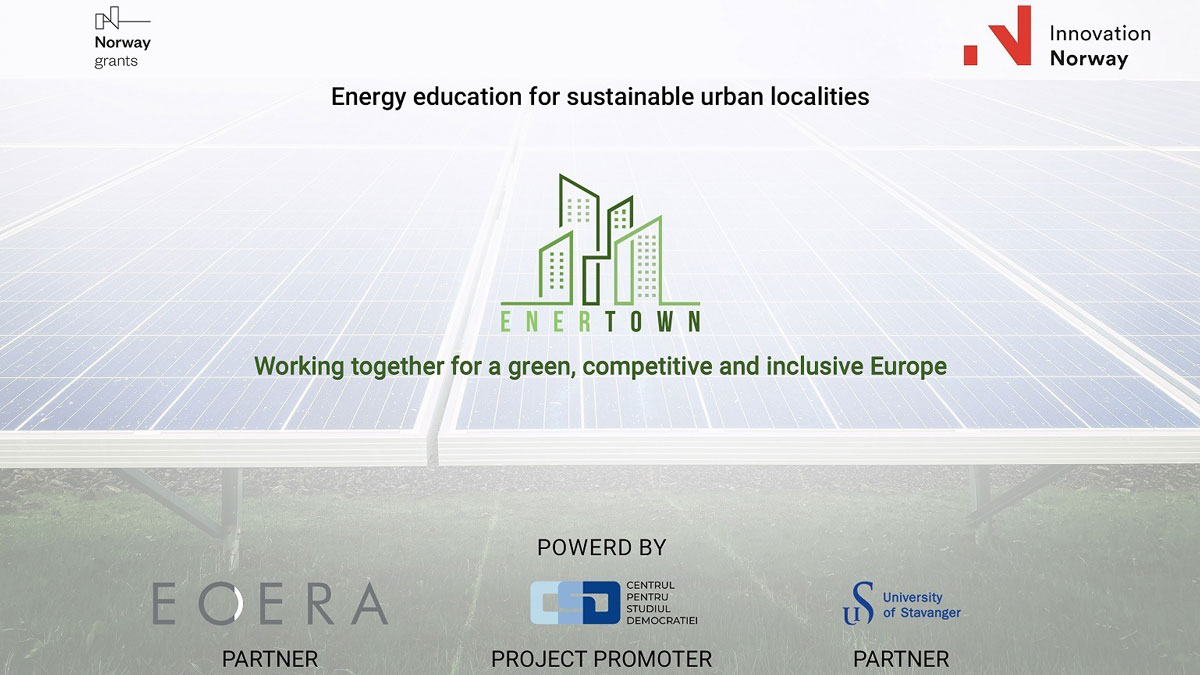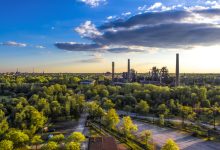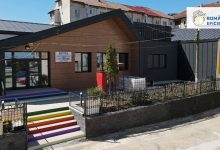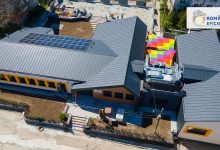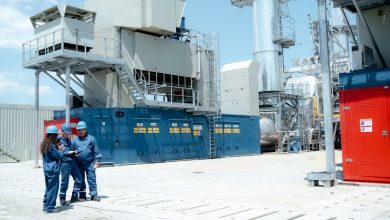ENERTOWN: Small Towns in Romania Need Greater Support in the Energy Transition
Small urban localities are often left out of public discussions on energy transition. They require greater support to successfully navigate the transformations of transition, as well as better dialogue with central authorities. Additionally, citizens in these small communities need accessible information so they can make informed decisions about renewable energy sources, energy efficiency behaviours and associated sources of funding. These are some of the conclusions of the ‘Energy Education for Sustainable Urban Communities – ENERTOWN’ project, funded by Innovation Norway and implemented by the Centre for the Study of Democracy (initiator of the Romanian Energy Poverty Observatory) in partnership with the University of Stavanger (Norway) and the Circular Association – ECERA, alongside Servelect, during the period of April 1, 2023, to April 30, 2024.
ENERTOWN facilitated a year-long series of interactions between project team experts and local community members in four small towns – Turda, Campia Turzii, Gherla and Huedin – as a pilot phase. Additionally, it included an exchange of best practices between representatives of these communities and partners with expertise in local administration from Norway, in particular during the visit to Norway from October 23-27, 2023.
The interactions that ORSE experts have with local community members cover several phases of action: awareness, diagnosis, building competencies, assistance in local policy development and implementation. Through the ENERTOWN project, experts have particularly focused on the first dimension, that of raising awareness and knowledge about the energy transition, considering that smaller-sized towns face different challenges compared to larger cities.
As part of the project’s series of dialogues, meetings were held with citizens, attended by representatives of the educational system (including students), local entrepreneurs and representatives of homeowners’ associations. During these meetings, local communities’ perceptions of the energy transition and its implications at the local level, as well as its impact on quality of life, were gathered.
“Meetings with citizens have been the richest in content. They helped us enrich our understanding of how such macro dynamics, often regulated at the European or national level, are perceived locally. Even though there is a lot of variation from one local context to another, there is a collective dissatisfaction with the often opaque and uncoordinated way in which actors at the central level (government entities or private companies) communicate with local administrations. ENERTOWN has brought to the forefront the voice of people from small towns, who often feel marginalised and powerless,” said George Jiglau, President of the Centre for the Study of Democracy.
Some highly relevant situations were also captured, such as the transition to natural gas in Huedin, in the context of a European and even national move away from gas. Switching from wood to natural gas in general has a positive impact on local quality of life.
“In the context of the town’s transition to natural gas, wood remains a desirable alternative fuel for locals, especially when prices rise. Residents have not dismantled their wood stoves, even though they have switched to natural gas. This flexibility is welcome, especially in contexts such as last year’s energy price hikes. Especially in these mountainous areas, where winters are longer, this aspect is very important,” added George Jiglau, President of the Centre for the Study of Democracy.
The ENERTOWN project therefore sheds more light on the issues and opportunities in small towns in Romania in the context of the energy transition.
Lessons learned
- Communication, coordination, cooperation – The need for more transparent and coordinated communication between central and local levels and the encouragement of cooperation between towns to carry out joint projects for accessing funds.
- Resources and funds – The importance of fair distribution of European funds and cooperation between municipalities of small towns to access these funds.
- The role of schools in community development – The active involvement of schools in educating the local community about sustainability and energy transition.
ENERTOWN guide
Based on the experience gained during the project, the ENERTOWN team has created information materials aimed at both local authorities and community members. These materials have been synthesized into the ENERTOWN Guide.
The guide addresses the challenges of retrofitting buildings to improve thermal efficiency and reduce CO2 emissions, highlighting the technical and financial solutions available. It includes aspects related to vulnerable consumers and the impact of energy poverty, emphasizing the need for well-targeted policies and investment in sustainable technologies, as well as access to energy for all. Additionally, the guide offers concrete recommendations for reducing energy waste in public and residential buildings.
The ‘Energy Education for Sustainable Urban Communities – ENERTOWN’ project is funded by Innovation Norway through the Norwegian Grants 2014 – 2021 (https://www.innovasjonnorge.no, Working together for a green, competitive and inclusive Europe), under the ‘Energy Programme in Romania’, with funding of EUR 195,774, and a grant value of EUR 174,696. More information about the project can be found on the website: https://www.enertown.ro/.
Once this project is completed, the ENERTOWN team will continue the dialogue with local authorities to support the development of local policies to increase energy efficiency and combat energy poverty. In addition, they will look for ways, including financial ones, to replicate this experience in other municipalities in the small urban area.


